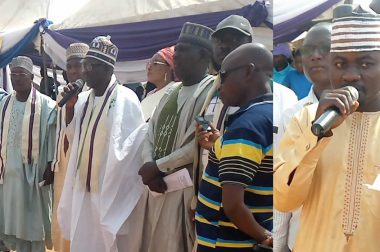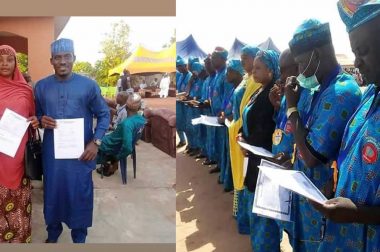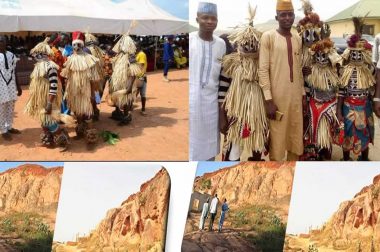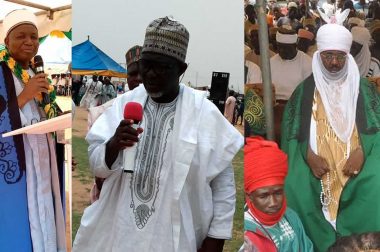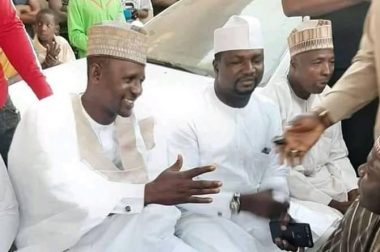As the final arbiter of the law, the Court is charged with ensuring the citizens with equal justice under law and thereby also functions as guardian and interpreter of the Constitution and as such, THE SUPREME COURT HAS AFFIRMED Mai – MARTABA, Hon. (Dr.) Murtala Usman Karshi as the validly nominated candidate of the All Progressives…
GWADECA applauds Supreme Court Over Murtala’s Victory – M.M-Musty
